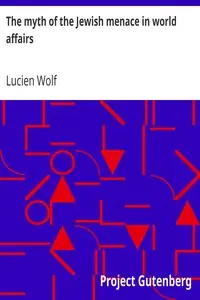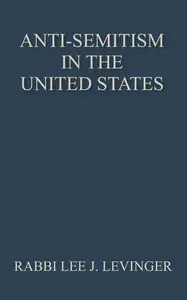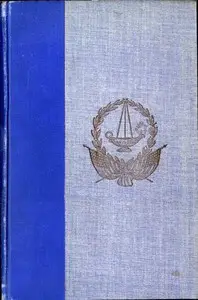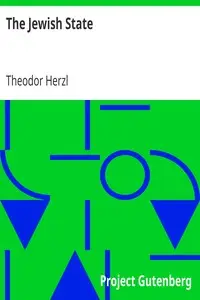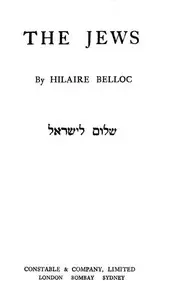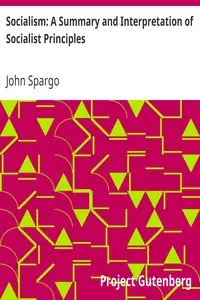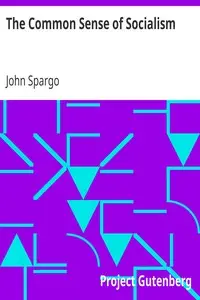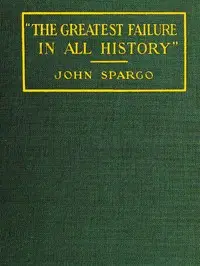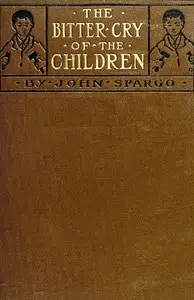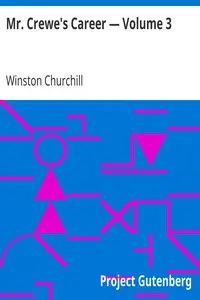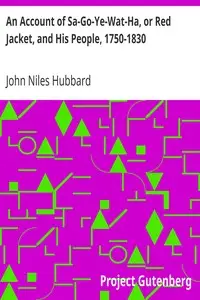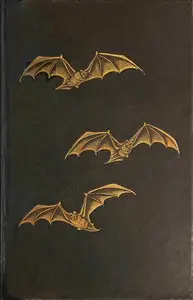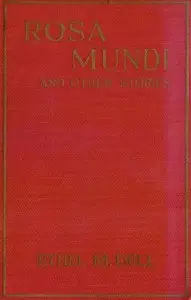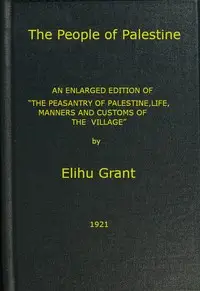"The Jew and American Ideals" by John Spargo is a narrative from the early 1900s that tackles the growing problem of prejudice against Jewish people and examines the danger it poses to what America stands for. The author argues that it's important to protect the values of the United States from this kind of hate. He looks at the false anti-Jewish ideas that were common back then, especially the idea of a secret "Jewish plot" to control the world. The story kicks off with the author talking about what he saw and felt as anti-Semitism became more widespread, fueled in part by controversial writings from figures like Henry Ford. The author shares his thoughts about how Ford, who once preached peace, later spread anti-Jewish messages. The story strongly opposes the dangerous idea that being Jewish means being part of a conspiracy, and frames itself as a defense of both Jewish people and the idea of American freedom and democracy.
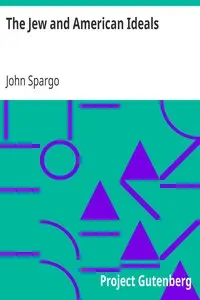
The Jew and American Ideals
By John Spargo
In a time of rising prejudice, one author steps up to defend a community and the ideals of a nation against the shadows of conspiracy and hate.
Summary
About the AuthorJohn Spargo was a British political writer who, later in life, became an expert in the history and crafts of Vermont. At first Spargo was active in the Socialist Party of America. A Methodist preacher, he tried to meld the Protestant Social Gospel with Marxist socialism in Marxian Socialism and Religion: A Study of the Relation of the Marxian Theories to the Fundamental Principles of Religion (1915). He also founded a settlement house in Yonkers, N.Y. Spargo moved steadily to the right after 1917 when he supported American intervention in World War I. With AFL leader Samuel Gompers he organized the American Alliance for Labor and Democracy in 1917. Spargo helped draft the Colby Note that formalised the Wilson administration's anti-communist policies. He strongly denounced the Bolshevik Revolution in Bolshevism: The Enemy of Political and Industrial Democracy (1919). He opposed the foreign policy of the New Deal, especially its recognition of the USSR in 1933. He supported the House Un-American Activities Committee in the late 1930s and Senator Joseph McCarthy in the early 1950s. He endorsed Barry Goldwater In the 1964 Elections.
John Spargo was a British political writer who, later in life, became an expert in the history and crafts of Vermont. At first Spargo was active in the Socialist Party of America. A Methodist preacher, he tried to meld the Protestant Social Gospel with Marxist socialism in Marxian Socialism and Religion: A Study of the Relation of the Marxian Theories to the Fundamental Principles of Religion (1915). He also founded a settlement house in Yonkers, N.Y. Spargo moved steadily to the right after 1917 when he supported American intervention in World War I. With AFL leader Samuel Gompers he organized the American Alliance for Labor and Democracy in 1917. Spargo helped draft the Colby Note that formalised the Wilson administration's anti-communist policies. He strongly denounced the Bolshevik Revolution in Bolshevism: The Enemy of Political and Industrial Democracy (1919). He opposed the foreign policy of the New Deal, especially its recognition of the USSR in 1933. He supported the House Un-American Activities Committee in the late 1930s and Senator Joseph McCarthy in the early 1950s. He endorsed Barry Goldwater In the 1964 Elections.

